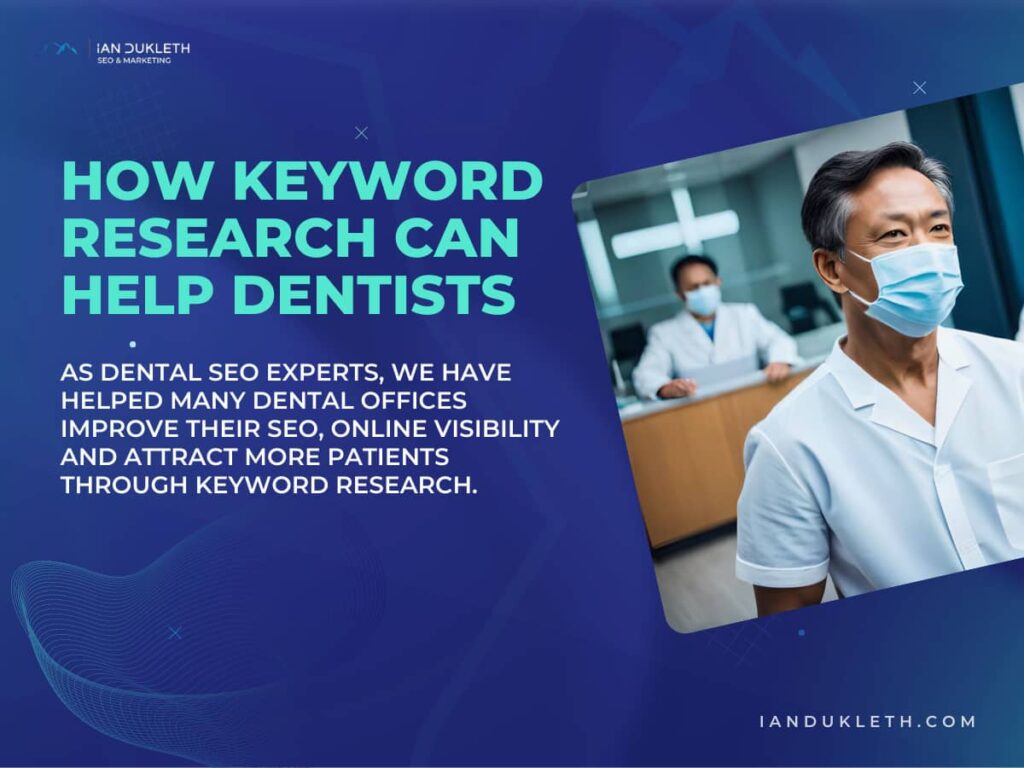Competitor Analysis for Lawyers
Understanding the Importance of Competitor Analysis for Lawyers As a lawyer, you are no stranger to analysis and research. But have you ever considered how competitor analysis could benefit your practice? Competitor analysis is the process of identifying, researching, and evaluating your competitors to understand their strengths, weaknesses, and strategies. This practice, common in many industries, is equally relevant and beneficial in the legal field. The Role of Competitor Analysis in Law Practice Your competitors are not just other lawyers or law firms in your area of specialization. They can be direct competitors, who offer the same services to the same target market, or indirect competitors, who offer different services but still compete for the same clients. Understanding who your competitors are is the first step in competitor analysis. Competitor analysis can also help you understand market trends. By observing your competitors, you can gain insights into what services are in demand, what marketing strategies are effective, and what pricing models are attractive to clients. This information can help you anticipate future trends and stay ahead of the curve. Moreover, competitor analysis can provide valuable insights into pricing strategies. By understanding how your competitors price their services, you can make informed decisions about your own pricing and enhance your customer journey. Competitor Analysis and SEO Strategy Competitor analysis plays a crucial role in shaping a law firm’s SEO strategy. Here’s how: Keywords: By analyzing the keywords your competitors are targeting, you can identify potential keywords for your own SEO strategy. This can help you attract more organic traffic to your website. Backlink Strategies: Understanding where your competitors are getting their backlinks from can help you identify potential sources for your own backlinks. High-quality backlinks can improve your website’s authority and ranking on search engine results pages. Images and Internal Linking: Examining your competitors’ use of images and their internal linking structure can provide insights into how to optimize your own website for SEO. Blog and Content: Analyzing your competitors’ blog posts and other content can help you understand what topics resonate with your target audience, how frequently you should post, and what type of content (e.g., blog posts, infographics, videos) is most effective. Direct and Indirect Competitors Direct competitors are other law firms or lawyers who offer the same services as you to the same target market. For example, if you are a personal injury lawyer in Dallas, your direct competitors would be other personal injury lawyers in Dallas. On the other hand, indirect competitors may not offer the same services but still compete for the same clients. For instance, a mediation service might be an indirect competitor because, while they don’t offer legal services, they provide an alternative solution to legal disputes that could potentially draw clients away from your law firm. Benefits of Competitor Analysis for Lawyers Understanding your competitors can help you enhance your service offerings. By identifying what your competitors do well, you can incorporate those strengths into your own practice. Conversely, by identifying their weaknesses, you can ensure you avoid the same pitfalls. Improved Service Offerings: By understanding what your competitors do well, you can incorporate those strengths into your own practice. Conversely, by identifying their weaknesses, you can ensure you avoid the same pitfalls. Identified Market Gaps: Competitor analysis can help you identify unmet needs in the market. These are opportunities for you to differentiate your services and attract clients. Informed Marketing and Branding Strategies: Insights from competitor analysis can guide your marketing and branding efforts. By understanding what messages resonate with your target market and what channels are most effective, you can tailor your marketing efforts for maximum impact. Enhanced SEO Strategy: Competitor analysis can inform your SEO strategy, helping you improve your online visibility and attract more clients. Informed Pricing Strategy: Understanding how your competitors price their services can help you make informed decisions about your own pricing, ensuring it’s competitive and attractive to clients. Anticipated Market Trends: Competitor analysis can help you understand current market trends and anticipate future ones, allowing you to stay ahead of the curve. Furthermore, insights from competitor analysis can guide your marketing and branding strategies. By understanding what messages resonate with your target market and what channels are most effective, you can tailor your marketing efforts for maximum impact. How to Conduct Competitor Analysis Actionable Steps for Competitor Analysis Conducting competitor analysis involves several steps: Identify your competitors: Start by listing all the law firms that offer the same services to the same target market. Gather data: Research each competitor to understand their services, pricing, marketing strategies, and online presence. Analyze the data: Look for patterns and trends in the data, and identify strengths, weaknesses, opportunities, and threats. Implement findings: Use the insights gained from the analysis to inform your strategies and decisions. Challenges in Competitor Analysis and How to Overcome Them Conducting competitor analysis can present some challenges. For example, gathering data can be time-consuming, and interpreting the data can require specialized skills and/or software. However, these challenges can be overcome by using competitor analysis tools, outsourcing the task to a professional, or undergoing training. Another challenge is ensuring that you use data ethically and legally. Always respect privacy laws and ethical guidelines when conducting competitor analysis. Closing Arguments: Why Competitor Analysis Matters for Lawyers In conclusion, competitor analysis is a powerful tool that can help you understand the market, improve your services, and grow your practice. By understanding your competitors, you can stay ahead of the curve and provide superior service to your clients. So, if you haven’t already, start conducting competitor analysis today. The potential benefits for your practice are immense. Table of Contents Related Posts Schema Markup Guide SEO Friendly URLs Meta Titles for Law Firms
Competitor Analysis for Lawyers Read More »



